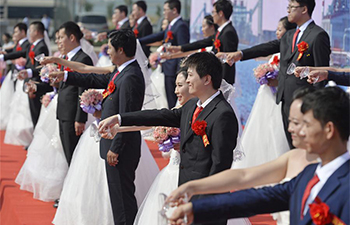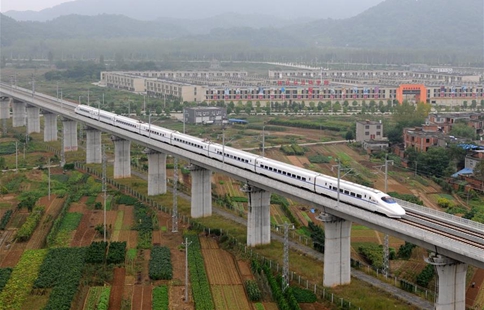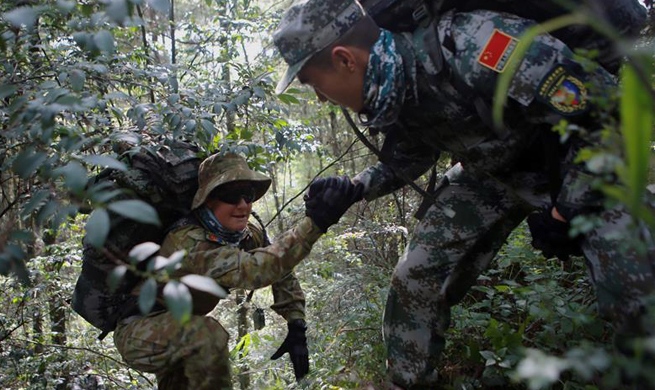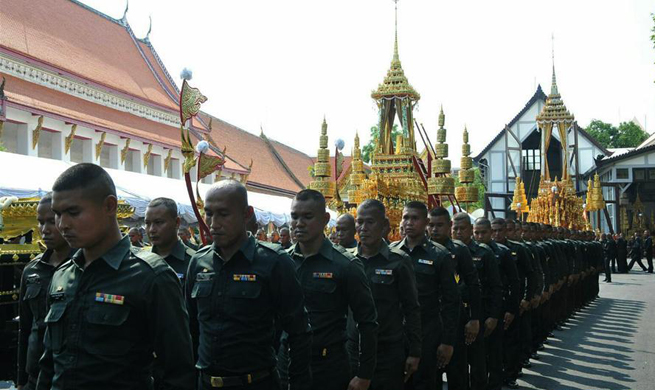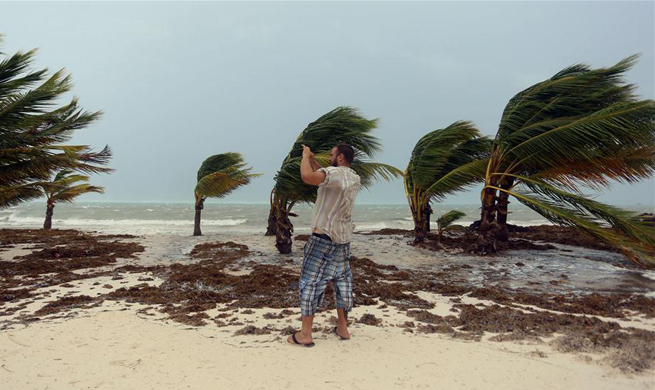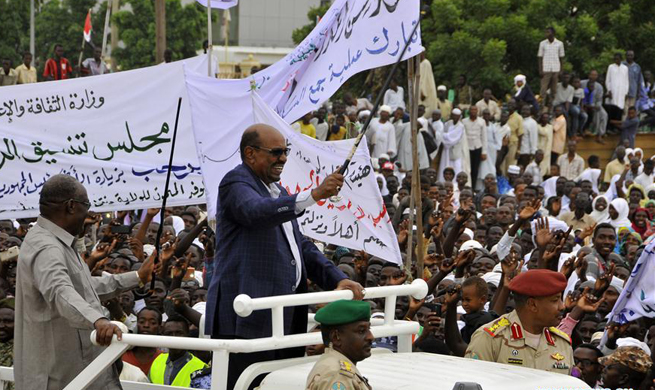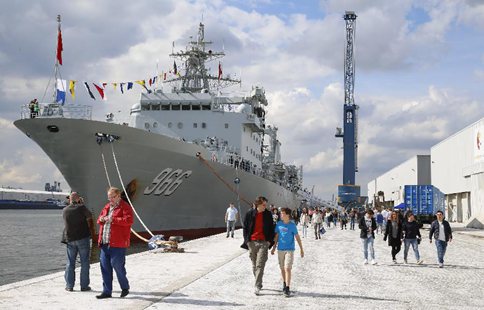by William M. Reilly
UNITED NATIONS, Sept. 21 (Xinhua) -- The General Debate of the 72nd Session of the UN General Assembly glided past the halfway mark on Thursday with speakers from China, Russia and South Korea, three front-row nations of the Korean Peninsula nuclear crisis, urging caution and diplomacy.
By late afternoon representatives of more than 100 nations had taken the green podium, surpassing the halfway mark of the 196 speeches scheduled.
South Korean President Moon Jae-in called for caution with the Democratic Peoples Republic of Korea (DPRK).
"All of our endeavors are to prevent the outbreak of war and maintain peace," he said. "In that respect, the situation surrounding the North Korean (DPRK) nuclear issue needs to be managed stably so that tensions will not become overly intensified or accidental military clashes will not destroy peace."
"We do not desire the collapse of North Korea (DPRK)," he said. "We will not seek unification by absorption or artificial means."
He urged the DPRK to "immediately cease making reckless choices that could lead to its own isolation and downfall, and choose the path of dialogue."
Chinese Foreign Minister Wang Yi stressed the importance of denuclearization on the Korean Peninsula.
China will continue to strictly implement the UN Security Council resolutions concerning the DPRK, Wang said.
The resolutions, he said, while providing for sanctions, also call for the resumption of negotiations and stress the need to find a peaceful solution to the issue. China hopes the resolutions can be implemented fully and comprehensively, Wang said.
U.S. President Donald Trump on Tuesday warned that the United States "will have no choice than to totally destroy" the DPRK unless Pyongyang refrains from its nuclear tests and missile launches.
Foreign Minister Sergei Lavrov of Russia, a participant in the stalled six-party talks on the Korean Peninsula crisis that also involve China, the DPRK, Japan, South Korea and the United States, also spoke up on the crisis.
"We are witnessing a very dangerous confrontation spiral around the DPRK," he said. "We resolutely condemn the nuclear missile adventures of Pyongyang in violation of Security Council resolutions, but military hysteria is not just an impasse, it is a disaster."
"All the Security Council resolutions have to be implemented," Lavrov said. "No one is arguing with that. But all of them and all of the sanctions have provisions for the need to go back to negotiations."
Urging to end blocking these provisions, the Russian foreign minister said there is no alternative to political and diplomatic ways of settling the nuclear situation on the Korean Peninsula.
Lavrov called upon the international community to support the Russian-Chinese proposal for the DPRK to stop missile and nuclear weapon testing and for South Korea and the United States to stop their joint military exercises, with both sides sitting down to negotiate.
German Foreign Minister Sigmar Gabriel said all diplomatic means should be used to defuse tension before finding "a point of departure for a long-term solution."
The nuclear issue, if unresolved, will create a more dangerous world "as other countries may follow the example of North Korea (DPRK)," he said.








